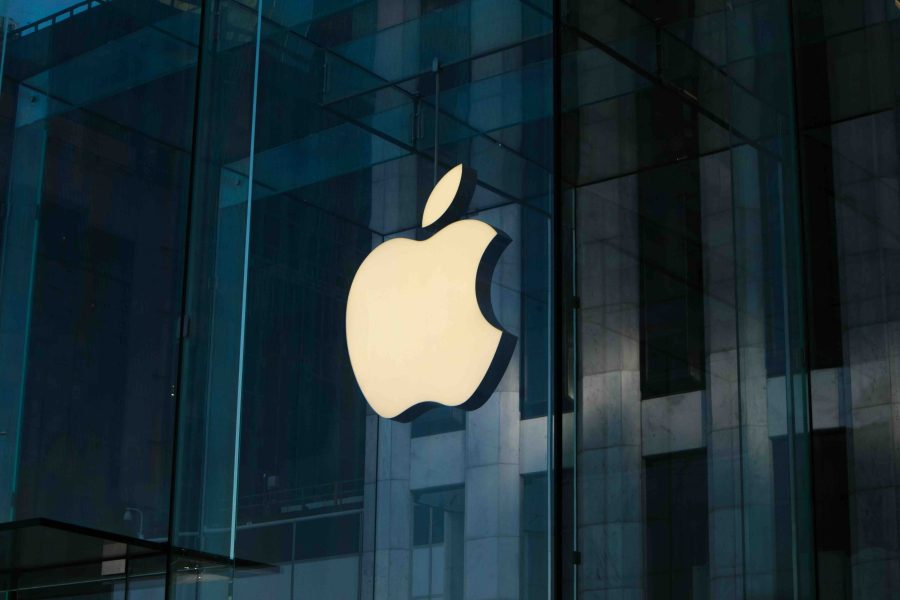I accepted a job offer with TechCrunch on June 7th, 2006 – days before the site celebrated its first birthday. I left AOL for the position. I worked there for less than a year but it made a huge impression on my life and career.

Today I got to see, on live streaming video, TechCrunch founder Michael Arrington sign a contract on stage to sell the site to AOL. As co-editor today of a competing site, and as someone whose big break was joining TechCrunch as the site’s first hired writer, I have a lot of thoughts and feelings about the deal and what it means.
Things I Learned About Blogging from Michael Arrington
- A great blogger is always on. Looking back over my emails while working for TechCrunch, many of them are apologies for not having anything posted by 10am, or explaining why I am stopping work on a Friday evening.
- It’s important to be first, but if you’re not first – it’s important to link to whoever you learned about something from. The blogosphere is a trail of links, and status is built by earning links from others.
- It’s good to stir the pot, to challenge people who need challenging, but it’s also important to give people the respect they deserve.
- Details matter in your writing. Unclear, imprecise language is important to avoid.
- The background of company founders is important. It should influence who you chase down to write about and it should be included in any write-up of a startup.
- Conference sessions are boring and pointless, it’s usually better to work the halls for stories.
- Even a big, career advancing scoop is not worth ruining someone else’s career to get.
Michael Arrington is incredible. Working for him was a life-changing experience and served me very well. It was also very, very stressful. We are very different people, with many different perspectives on the world, but I learned a whole lot from him about how to blog. I do not have any financial interest in TechCrunch, but the things I learned there have been essential to the rest of my young career.
I work now for a very different boss, Richard MacManus. MacManus has built one of the world’s leading tech blogs from outside Silicon Valley, and with a greater focus on the tech of tech than on the business stories. I’ve been fortunate enough to learn many things from him as well, having worked here for 3 years now this month.
Arrington the Competitor
If you haven’t read it, I suggest checking out this recent “How I Work” article about a day in the life of Michael Arrington on Inc. Magazine’s site.
If news is breaking, I want to be on it. We break more big stories than everyone else combined in tech–and that’s not prebriefed news or something that was handed to us. I judge my own performance based on that. When we break a story, that’s a point. When someone else breaks a story, we’re minus a point. And I want to be positive points.
That sums up the TechCrunch philosophy very well. It’s one of many things I learned from Arrington – I think similarly, even if he’s been far ahead in the point system he describes. I also give myself points for writing a particularly thoughtful blog post that’s well received and for articulating something inspiring in an effective way.
Frankly, I also give myself points for my happy marriage, beautiful home and garden in Portland, Oregon, and more balanced life. I hope Michael gets to enjoy some more things like that too, now that he’s been to the top of the tech reporting mountain and found a pot of gold.
August 1st, 2008 – I got two promotions.

It was my New Years resolution year before last to spend less time thinking about TechCrunch, but that’s very hard to do. They are everywhere and completely dominate the consumer technology business news landscape.
I have found a home that suits me much better here at ReadWriteWeb. But I’m happy for and a little envious of the success TechCrunch has created for itself as an organization.
What Does This Mean for Tech Media?
What does TechCrunch inside AOL mean for the future of tech media? If the continued trailblazing of Engadget at AOL is any indication – it doesn’t have to take the wind out of a market leader.
More likely, the exit to AOL could lead to other leading tech news sites being acquired by other big old media companies. Those blogs may need to be rocket ships of growth like TechCrunch has been, but that won’t stop many other people from starting sites with sales to big media in mind. It’s not very original to say – but the acquisition of TechCrunch validates the market.
It may do so more than previous acquisitions of PaidContent (by the Guardian) and ArsTechnica (by Condé Nast ) did. Those were interesting deals, concerning great publications known well to insiders, but TechCrunch made tech blogging what it is today.
I’m sure the staff there will continue to work as hard as they can, as a matter of professional pride. After they each take a well-earned vacation.
And we’ll keep competing with them on quality of analysis and writing – on speed when we can – just the same.





















